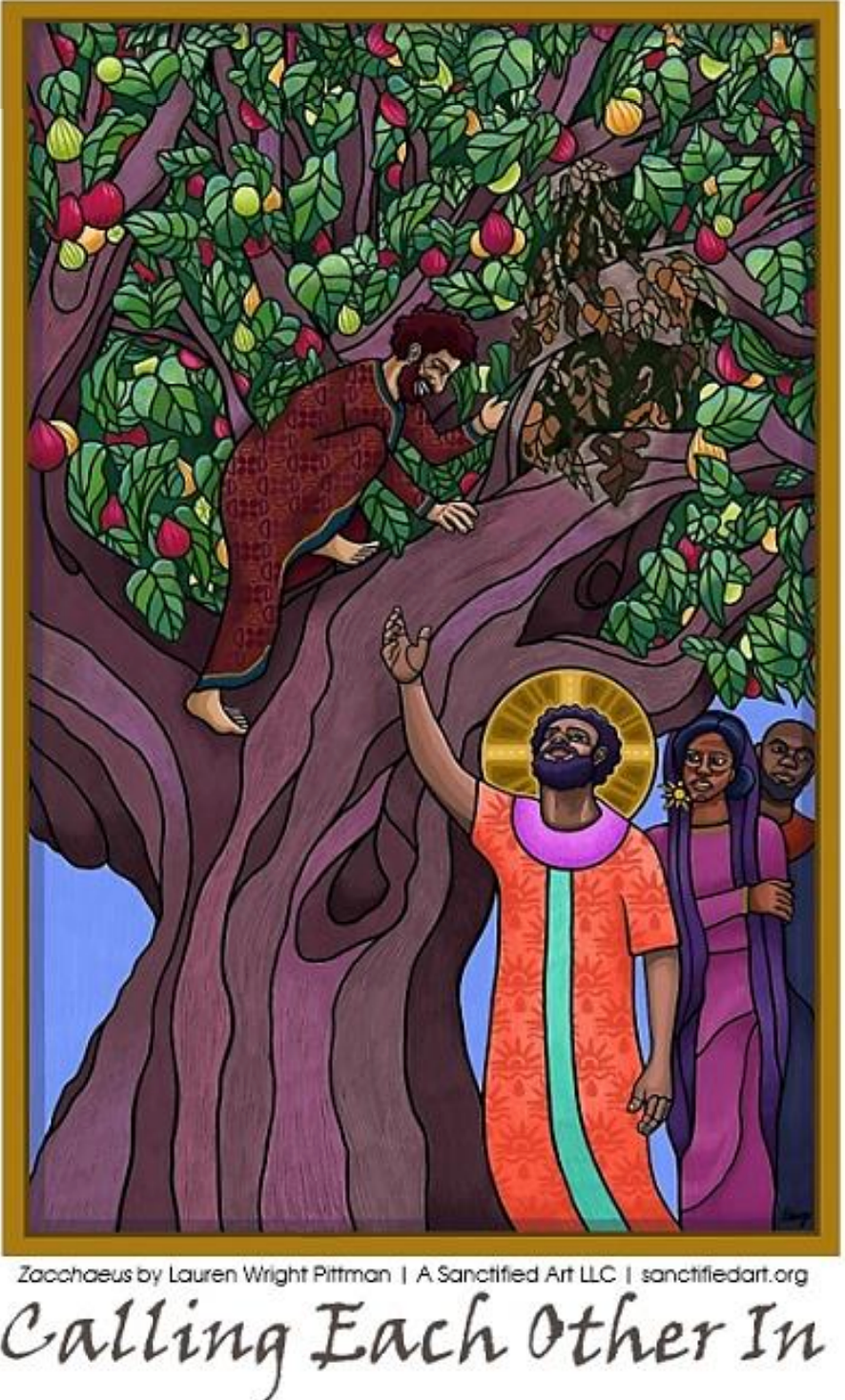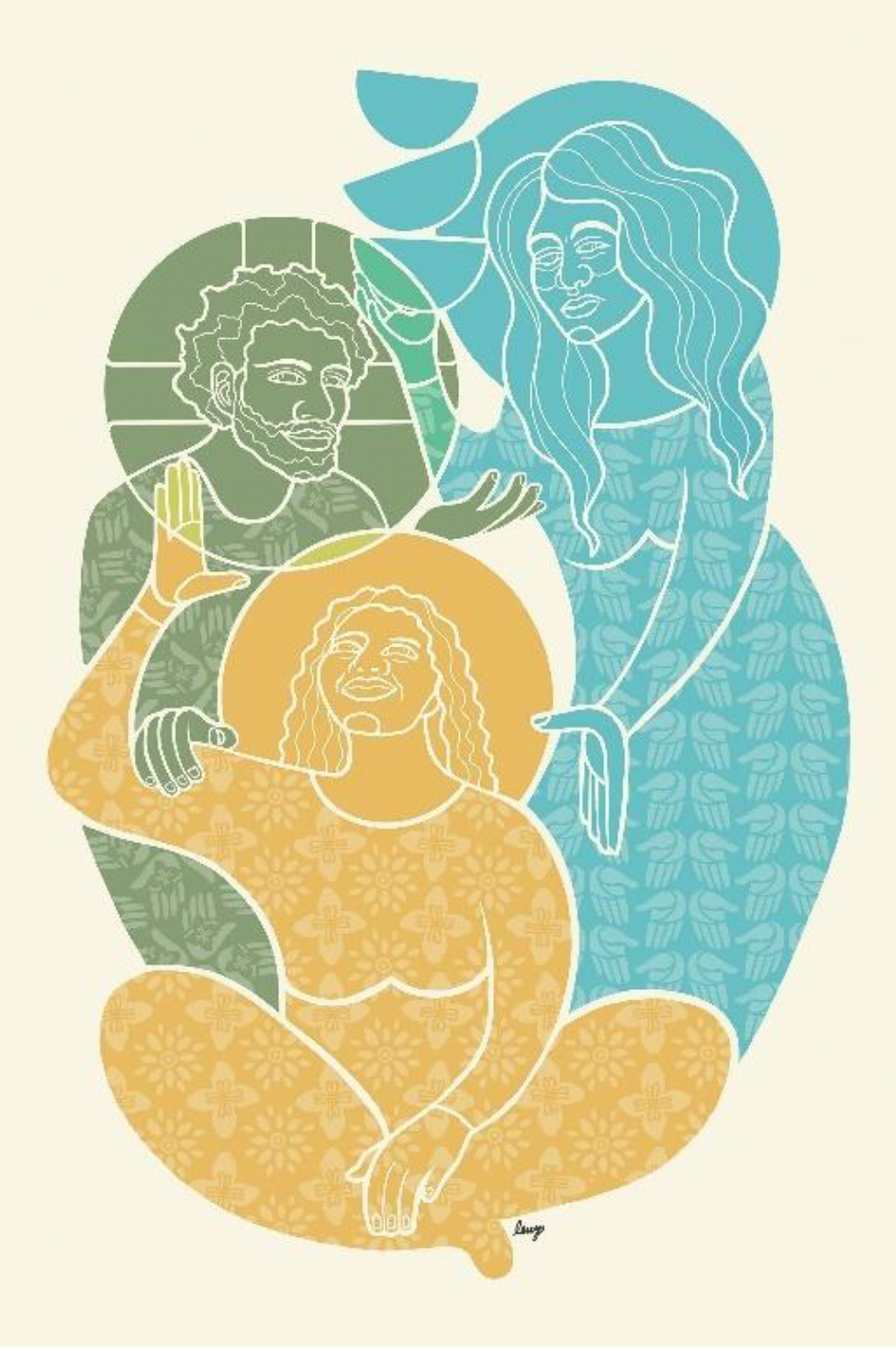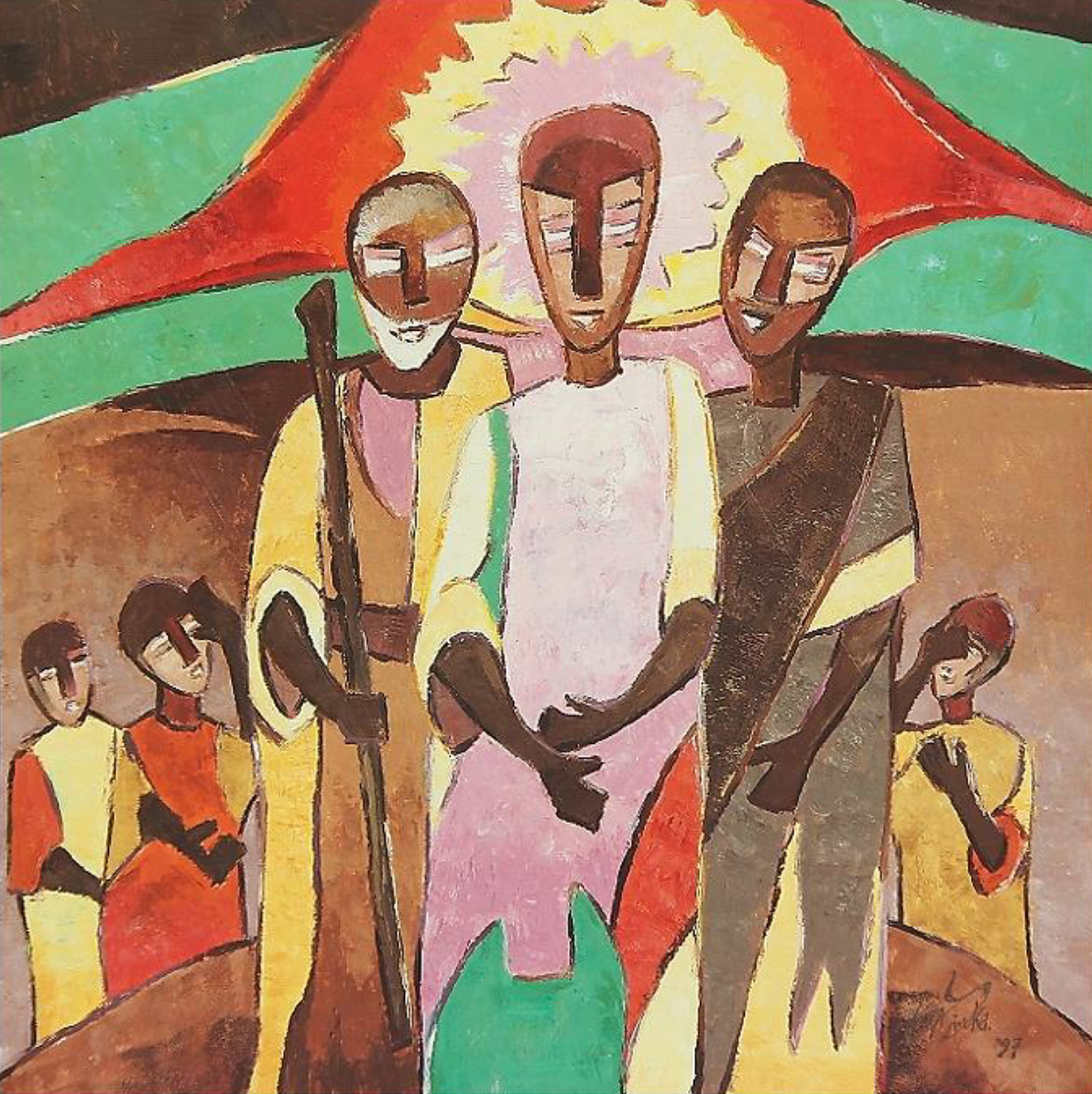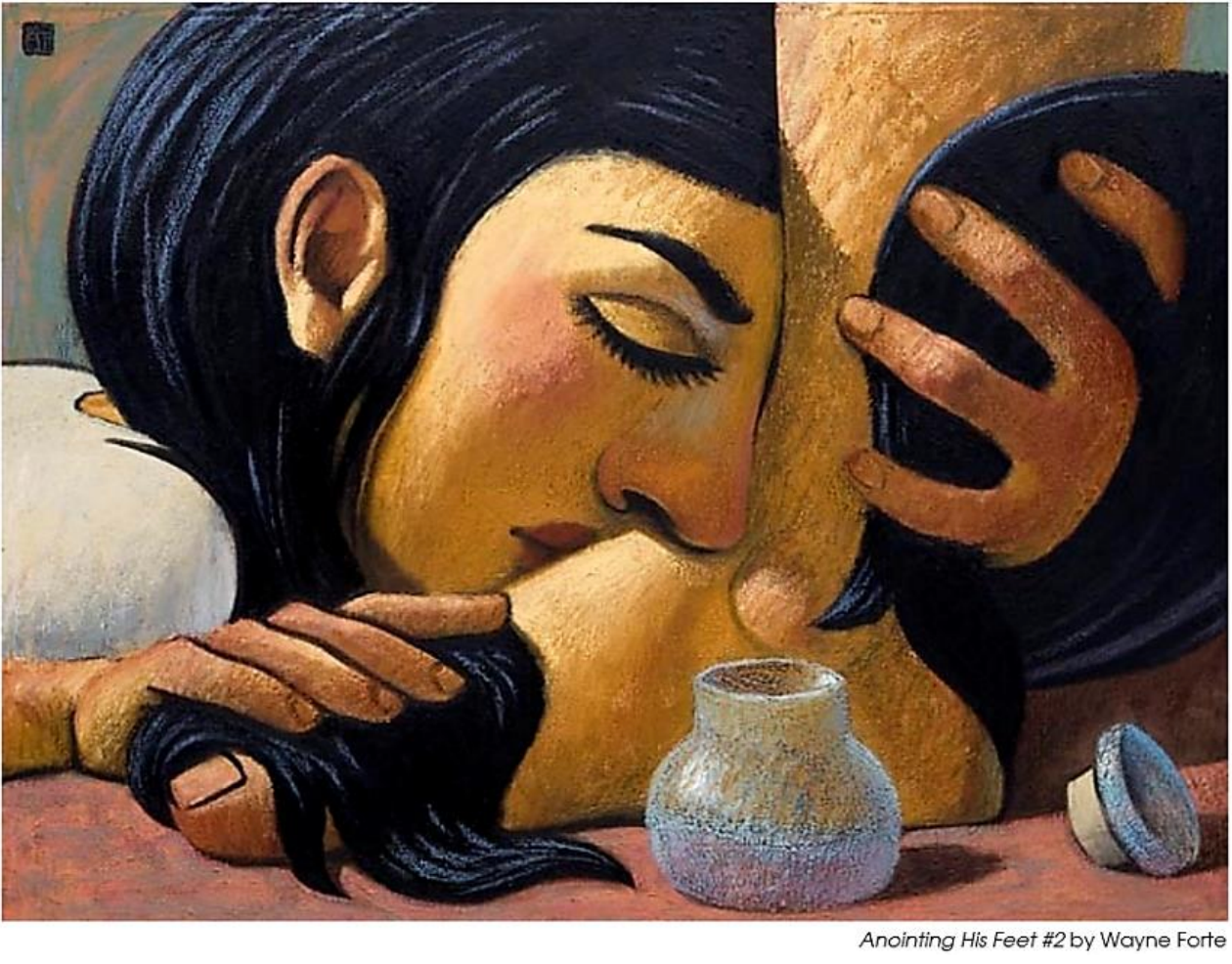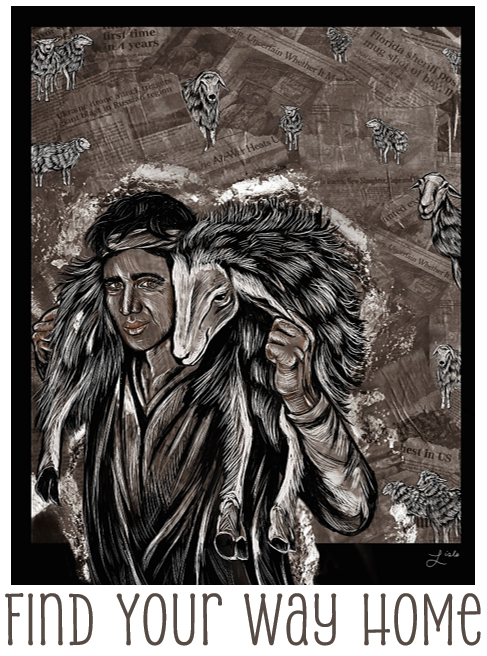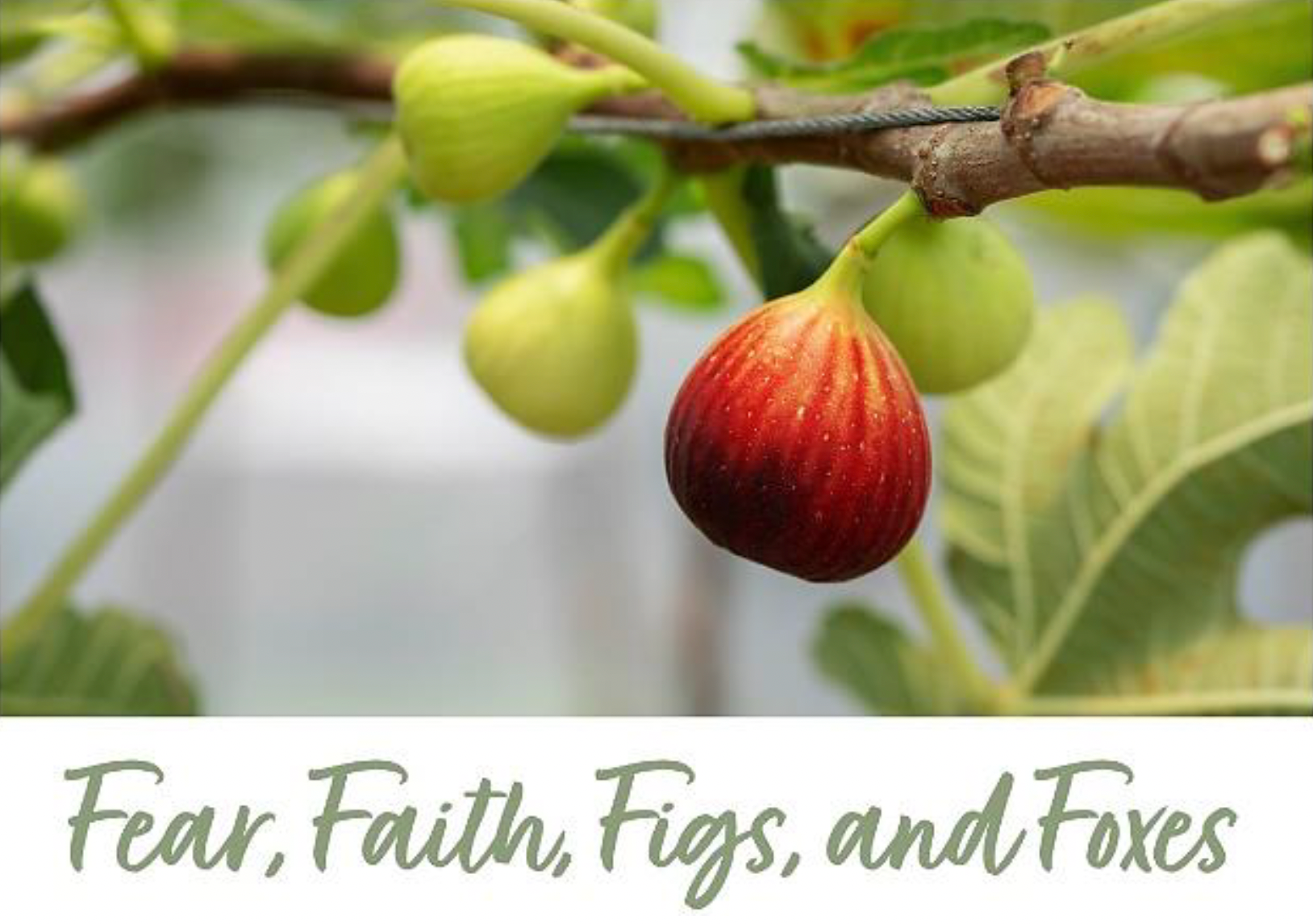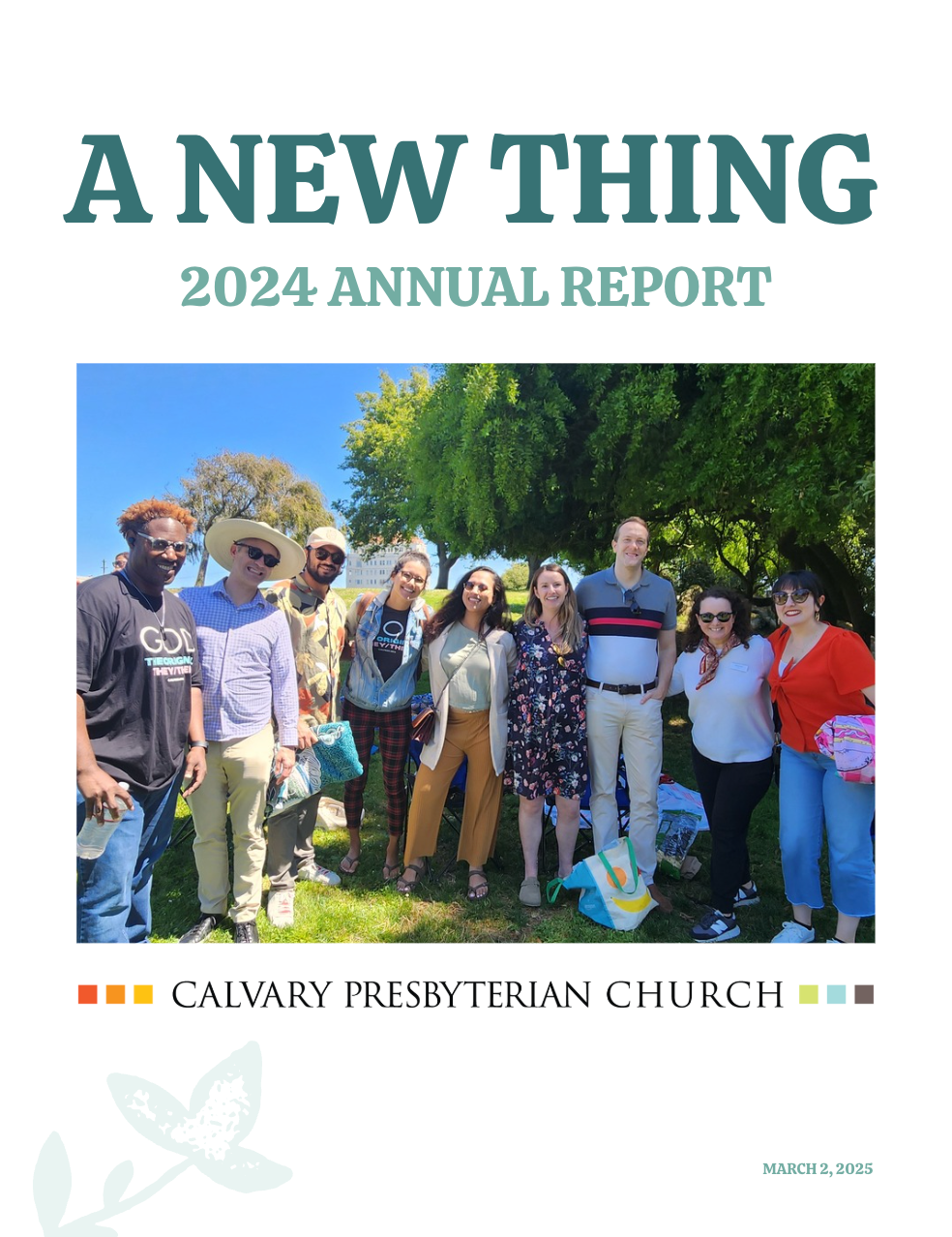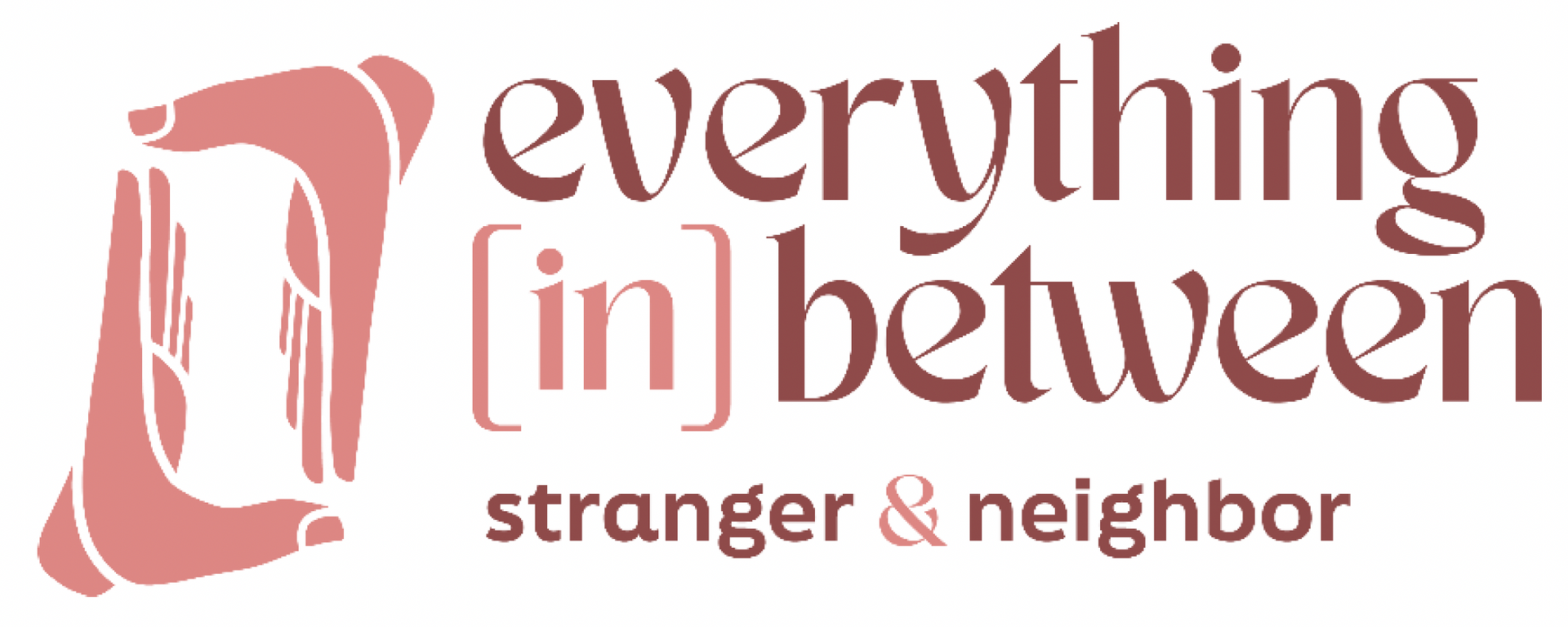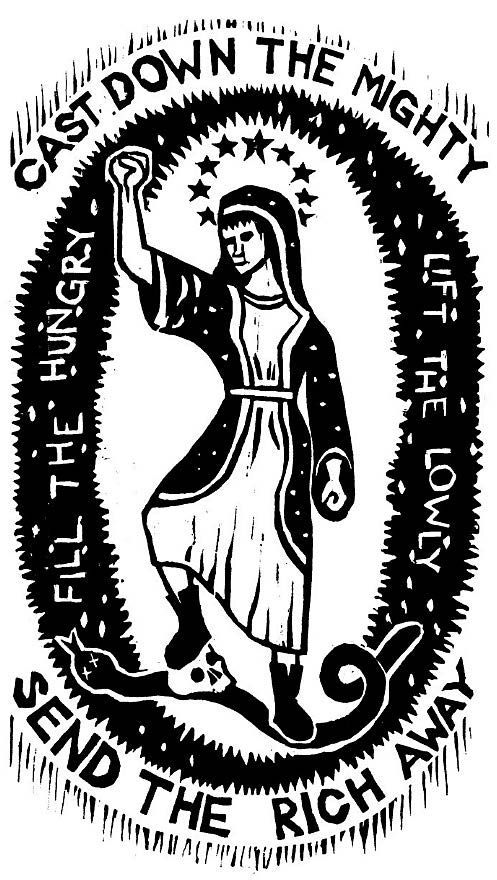Sermon 03.28.2024: Maundy Thursday
As we think about peace, it is important that we don’t only see peacefulness and quiet as the goal. Peace often requires a stand. Sometimes conflict is required to break through injustice so you can get to peace.
If we want to be blessed as peacemakers, we will need to stand in solidarity with the oppressed, to stand in opposition to the violence and injustice of the world, and to know that peace can only come from deep love, the kind of love you have to summon for those you don’t know, don’t understand, or don’t like.
Scripture
Mark 14:17-50
When it was evening, he came with the twelve. And when they had taken their places and were eating, Jesus said, “Truly I tell you, one of you will betray me, one who is eating with me.” They began to be distressed and to say to him one after another, “Surely, not I?” He said to them, “It is one of the twelve, one who is dipping bread into the bowl with me. For the Son of Man goes as it is written of him, but woe to that one by whom the Son of Man is betrayed! It would have been better for that one not to have been born.”
While they were eating, he took a loaf of bread, and after blessing it he broke it, gave it to them, and said, “Take; this is my body.” Then he took a cup, and after giving thanks he gave it to them, and all of them drank from it. He said to them, “This is my blood of the covenant, which is poured out for many. Truly I tell you, I will never again drink of the fruit of the vine until that day when I drink it new in the kingdom of God.”
When they had sung the hymn, they went out to the Mount of Olives. And Jesus said to them, “You will all become deserters; for it is written,
‘I will strike the shepherd,
and the sheep will be scattered.’
But after I am raised up, I will go before you to Galilee.” Peter said to him, “Even though all become deserters, I will not.” Jesus said to him, “Truly I tell you, this day, this very night, before the cock crows twice, you will deny me three times.” But he said vehemently, “Even though I must die with you, I will not deny you.” And all of them said the same.
They went to a place called Gethsemane; and he said to his disciples, “Sit here while I pray.” He took with him Peter and James and John, and began to be distressed and agitated. And he said to them, “I am deeply grieved, even to death; remain here, and keep awake.” And going a little farther, he threw himself on the ground and prayed that, if it were possible, the hour might pass from him. He said, “Abba, Father, for you all things are possible; remove this cup from me; yet, not what I want, but what you want.” He came and found them sleeping; and he said to Peter, “Simon, are you asleep? Could you not keep awake one hour? Keep awake and pray that you may not come into the time of trial; the spirit indeed is willing, but the flesh is weak.” And again he went away and prayed, saying the same words. And once more he came and found them sleeping, for their eyes were very heavy; and they did not know what to say to him. He came a third time and said to them, “Are you still sleeping and taking your rest? Enough! The hour has come; the Son of Man is betrayed into the hands of sinners. Get up, let us be going. See, my betrayer is at hand.”
Immediately, while he was still speaking, Judas, one of the twelve, arrived; and with him there was a crowd with swords and clubs, from the chief priests, the scribes, and the elders. Now the betrayer had given them a sign, saying, “The one I will kiss is the man; arrest him and lead him away under guard.” So when he came, he went up to him at once and said, “Rabbi!” and kissed him. Then they laid hands on him and arrested him. But one of those who stood near drew his sword and struck the slave of the high priest, cutting off his ear. Then Jesus said to them, “Have you come out with swords and clubs to arrest me as though I were a bandit? Day after day I was with you in the temple teaching, and you did not arrest me. But let the scriptures be fulfilled.” All of them deserted him and fled.
Sermon Text
Often, for Maundy Thursday, we read from John's Gospel. It depicts the same story, of course, but with some different elements. In John’s gospel, Jesus washes their feet and gives them a new commandment, that they love one another.
It is from that we get the name Maundy. Which is from the Latin for Mandatum, or commandment.
In Mark’s gospel, though, if there’s a commandment, it isn’t that they should love one another. I mean, they should love one another, but Jesus doesn’t say that. But Mark points out that they will betray the one they love. They will run away from the one they love when things get tough. The commandment to love one another can be complicated.
Mark’s account reminds us this is a dark story.
As I kept reading this story to work on the sermon, it occurred to me that Jesus is out of time. We know that—we’ve read the end of the story. He’s about to die. But in this telling, you realize Jesus knows it too.
He’s out of time.
Out of time to teach, to persuade, to do a powerpoint presentation and lead a weekend retreat about what it means to be a disciple.
In perhaps a less fraught way, I felt like that when my kids were heading off to college. Did they know how to balance their check book? Can they peel potatoes? They knew how to do laundry, right?!? Would they be good citizens when so far away from their mama?
Think about those times when you’ve been out of time. When we have moved to a new city, I have realized all the things I was going to do in the last city maybe hadn’t happened. Or that I was out of time to just have those particular friends over for drinks and grilled cheese sandwiches.
It’s not always about regret. Sometimes it is. Why was I so worried about whether my house was clean? I should have hosted more messy house dinner parties with those people before I moved!
Sometimes it is just wistfulness because we always think we will have more time than we do. We take time for granted. Three years ago this week, we were with my father in law before he had brain surgery. I thought we’d have more time for conversations after the surgery. And he did live for 10 more months. But we were out of time for the important conversations we used to have.
Jesus, in Mark’s gospel, has been in a hurry the whole way through. He’s got an agenda and he’s got his disciples running behind him at a breakneck pace and it still feels like he gets to this final night and wonders if he’s gotten it all done.
He goes to the mountain to pray. “And going a little farther, Jesus threw himself on the ground and prayed that, if it were possible, the hour might pass from him. He said, “Abba, Father, for you all things are possible; remove this cup from me; yet, not what I want, but what you want.”
Jesus is out of time and he knows it.
The disciples do not know it.
At least not consciously.
They’ve just had a meal with him, and even if they didn’t know to call it the last supper, they must have known something was off. Jesus starts out by announcing someone at the table will betray him.
Imagine how that changes the dynamic of the meal. Looking around the table trying to figure out which one of their friends isn’t a friend. They have traveled and journeyed and given up things to be disciples. And one of the people they thought was a brother is instead a betrayer?
What must those disciples have been feeling?
But Jesus is out of time. He’s out of time to cajole them into hearing what he’s been trying to say. He’s out of time to soothe their fragile egos. He’s out of time to pretend that betrayal won ’t happen or that desertion and abandonment isn’t immanent.
And then Jesus ends the meal with “you will all become deserters”. Oof.
What must Jesus have been feeling?
Betrayal is the thing that unmoors me the hardest. It makes you question relationships you’d thought were solid. Was I a fool to have ever let this person into my life, into my heart? Should I have seen this coming? Betrayal shuts my heart down faster than anything else. It hardens my soul. It can make me forget the person I want to be and become isolated, alone, and cut off from connection.
What was Jesus feeling as he gathered with his closest friends, knowing one of them had already betrayed him, that the soldiers were coming for him?
I hope you’ve already noticed that Jesus does not respond to betrayal the way I fear I would. Would I have been able to keep my heart open enough to keep Judas at the table with me? Would I have stayed at the table knowing that every person would leave me when I needed them the most?
In Mark’s gospel, he may not give us the new commandment to love one another, but he surely shows us what it looks like—staying at the table with people you love, even knowing they will break your heart.
Jesus is out of time. This meal is the time he has left. And this meal is the moment Jesus steps out of time and gives us a ritual that is timeless.
At the Table, we see love at the deepest form we can know. This is my body, broken for you, yes you Judas the betrayer. And yes you, you deserting disciples.
God’s love for us is so complete that there is literally nothing you could do, or not do, to lose it. Take, this is my body, God says.
Jesus goes out of time at the Table, where we recognize that we are joined at this meal by people from all time. From the first disciples through all of church history, and through our yet unknown to us future. We often say this is not a Presbyterian Table, or this is not even Calvary’s Table. And this is a part of why we say that. This table stretches across and through time and place, bringing us together with people we’ll never meet, bringing us together with people we’d choose to never meet.
Jesus was out of Chronos, clock time. And so he turned common elements of bread and cup and turned a meal into something beyond time. His Table is timeless.
We still are learning from this meal and from him today.
And while they were eating, he took a loaf of bread, and after blessing it, he broke it, gave it to them, and said, “take, this is my body”.
The communion liturgy where we talk about eating the blood and body of our Lord is, let’s face it, a strange thing to talk about from our 21st century worldview.
But when we are at the Table, our 21st century lives are joined with the lives of Jesus and the disciples. Every time we come to the Table, we remember this first time. Every time we come to the Table we remember that Jesus also knew what it was to feel out of time. Every time we come to the Table, we
remember that God’s love for us is so deep, so wide, so strong that nothing we could do could keep us from the invitation.
So as we come to the Table tonight, I invite you to think about time. Sometimes the days drag. Sometimes they race. Occasionally, it feels as if time has stopped.
The poet David Whyte said this about our relationship to Time:
Our relationship to time has become corrupted exactly because we allow ourselves very little experience of the ‘timeless’. Our language itself is bound in the same way we are bound; we speak continuously of ‘saving ’time, but time in it richness is most often lost to us when we are busy without relief. We speak of ‘stealing ’time as if it no longer belonged to us. We speak of ‘needing ’time as if it wasn't around us already in every moment. We want to ‘make ’time for ourselves as if it were in our power to do so. Time is the conversation between absence and visitation, the frontier and sometimes the barrier between ourselves and those we love; the hours becoming ripe with happening only when we are attentive, patient, and present.[1]
Let us be attentive, patient, and present on this sacred night as we come to the Table.
Amen.
1
Adapted from Crossing the Unknown Sea: Work as a Pilgrimage of Identity. Riverhead © David Whyte

